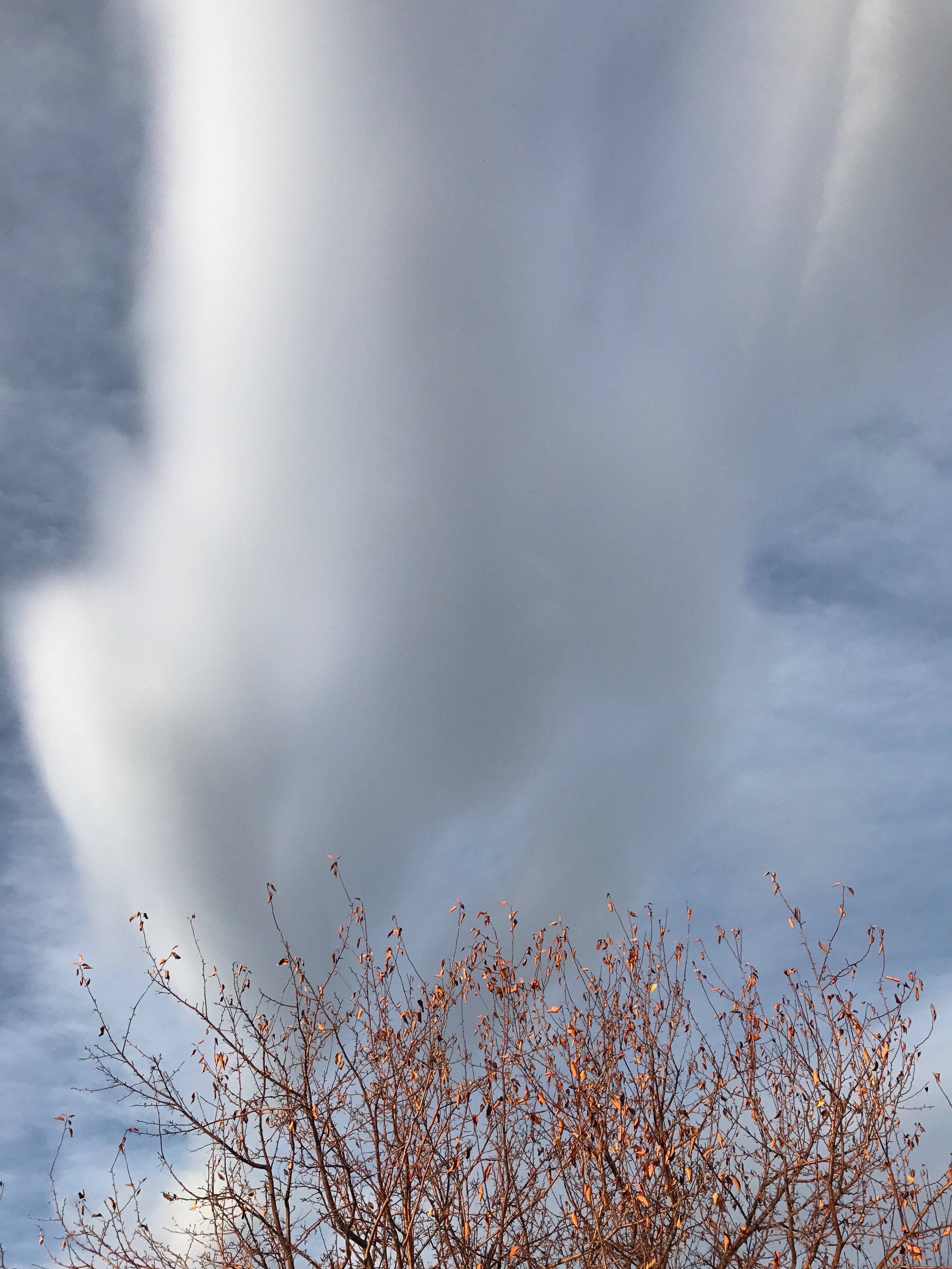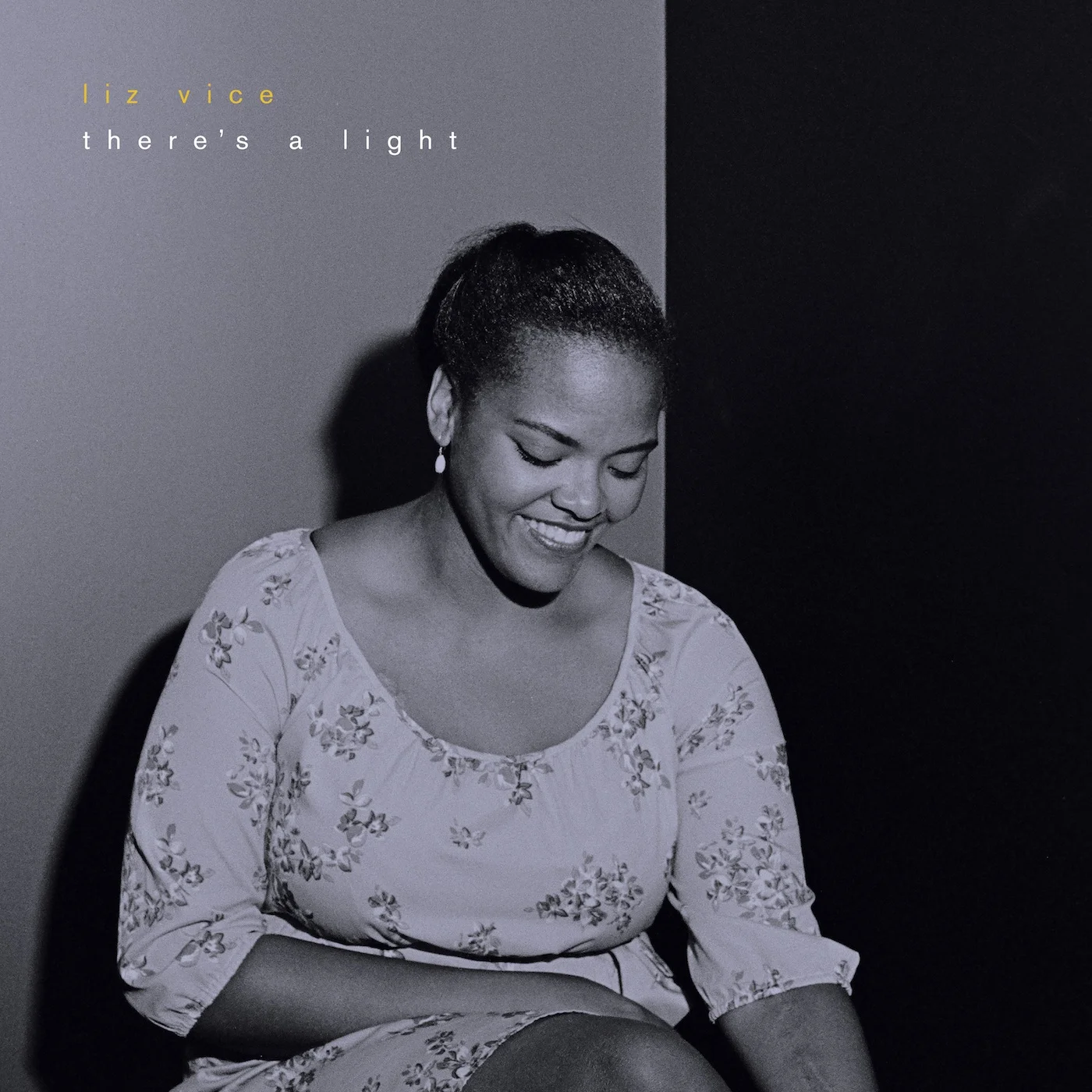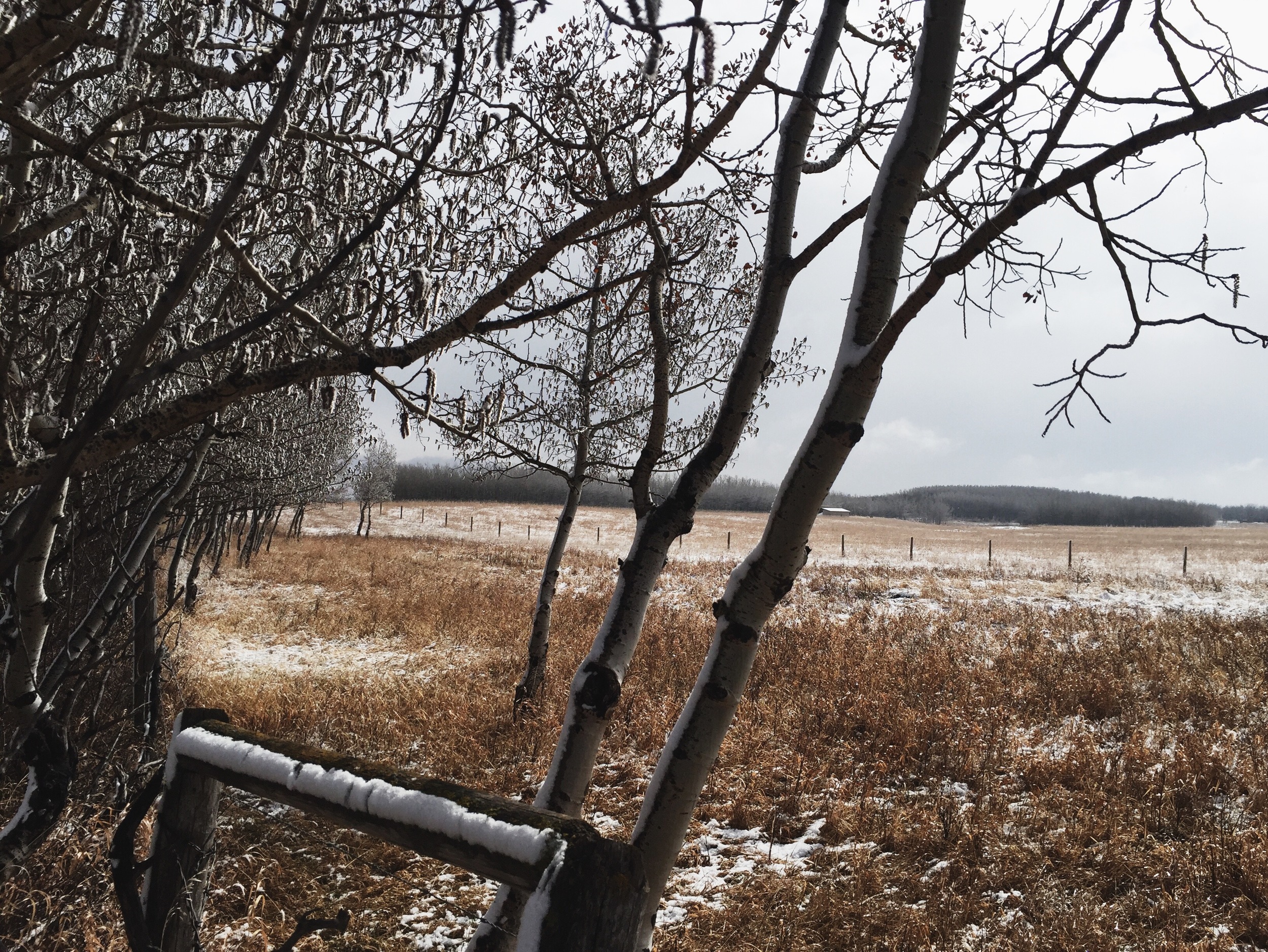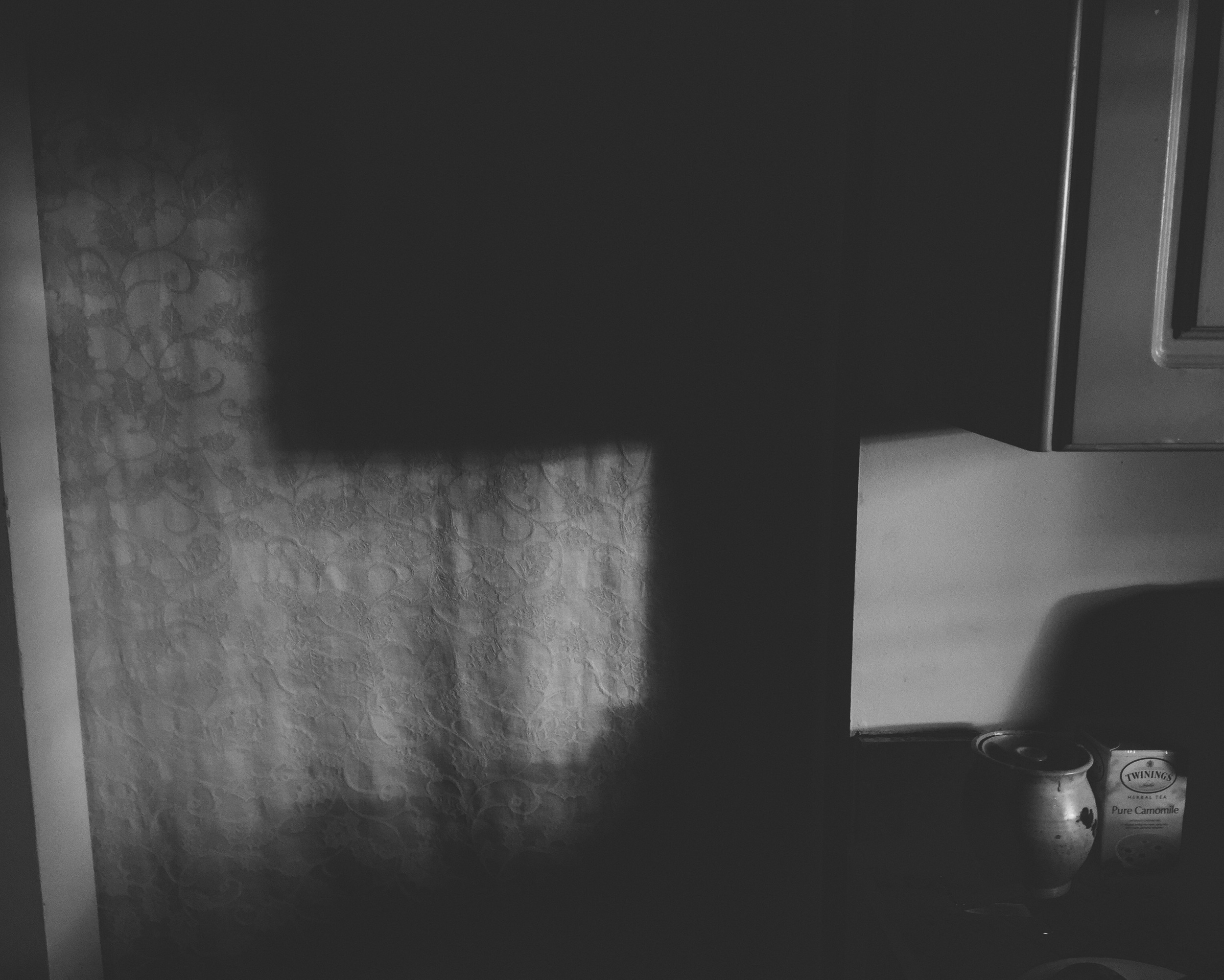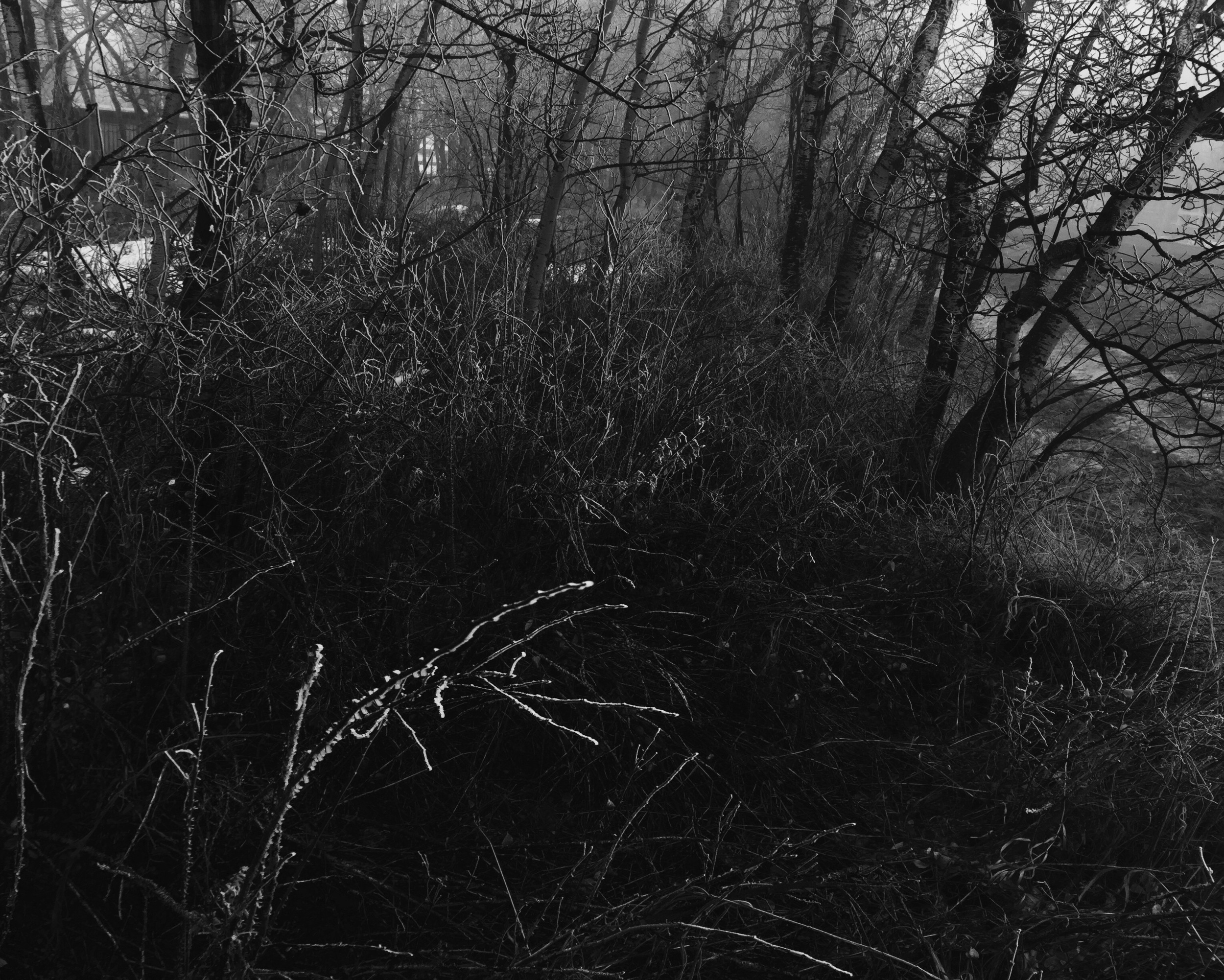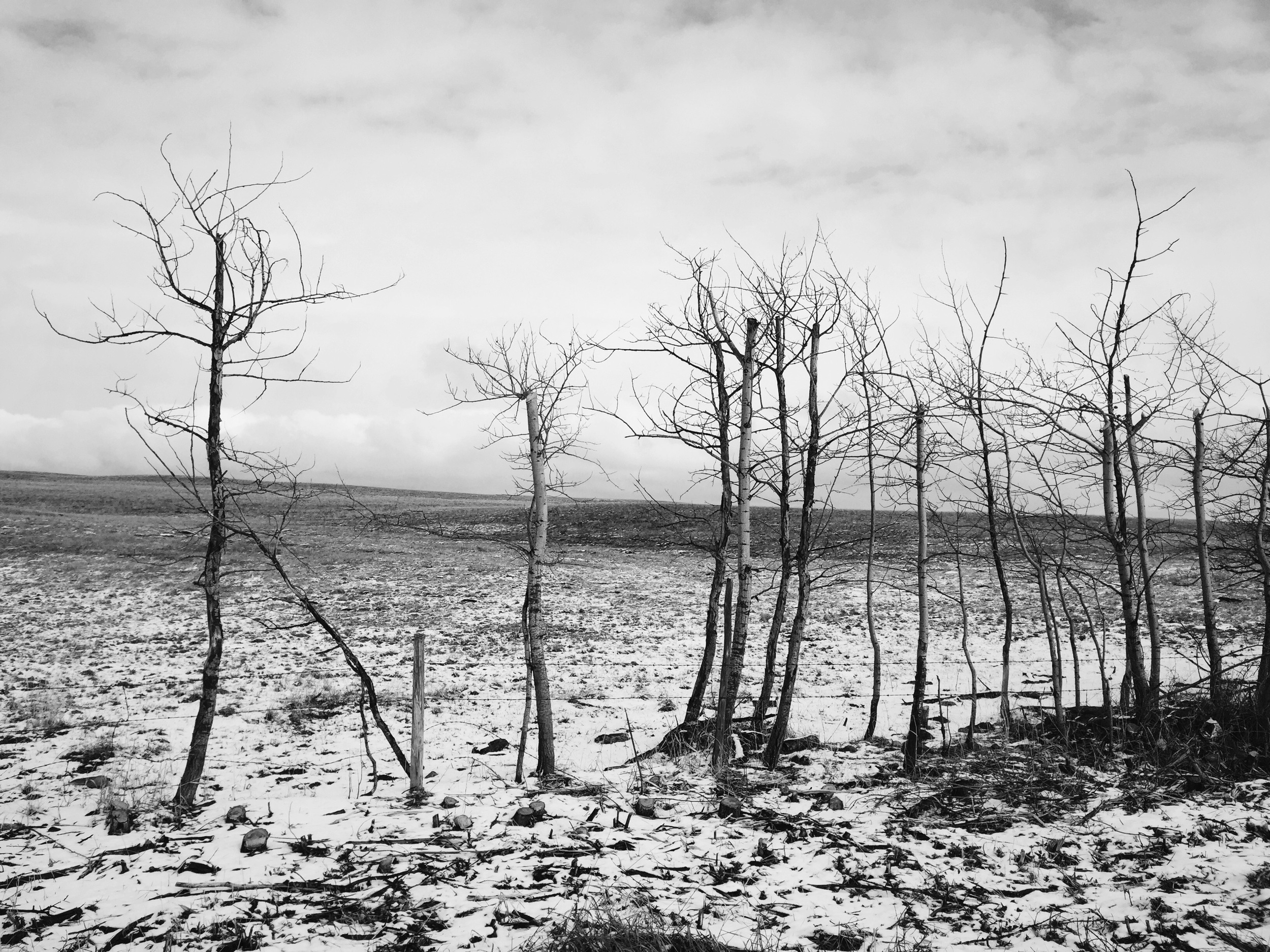In August of 2015, I had the incredible opportunity to visit Humble Beast's studio in Portland, Oregon. The visit was a huge encouragement to me personally and I wrote about what I saw and heard here. My conversation with Thomas "Odd Thomas" Terry, spread out over a car ride and a rapid meal in a Lebanese restaurant, was so helpful I've included it here, with the hope that it would benefit others as much as it did me.
There was an interview where one of you guys described what you do as neo hymn writing…
Aha.
And that’s really what it’s been for me; lyrics, beautiful in their own way, that are bringing me back to being discipled and the greater reality. An example would be the end of your song Beautiful Eulogy where Braille says “Until then I’ll remain where you have me/ with joy when I feel unhappy/ with a peace that surpasses all my understanding/ my life is in the hands of your love everlasting.” This last year in midst of many trails and disappointments that line has been a mantra that I kept holding up there.
Yeah.
And through such different artists too. Jackie Hill Perry and the way she brings me back to joy.
Mhm.
And where’s that joy found and how do you fight for your joy…
Yeah.
…Against the joy thief. And obviously Propaganda and how he’s almost a prophet…
Yeah.
…for our culture. Even your song, Exit Dial Tone, talking about how do you interact with the culture…
Oh, yeah yeah.
and the fact that all this music is based out of a church and this is a church ministry doing creative gospel-centred work is… remarkable. You’re giving away your music because you’re giving away the gospel, putting your all into it, your excellence into it. How then does that impact you as an artist, with your ego, with creating work? Does that change the way you produce and create?
In all transparency, anytime you’re doing art that is indigenous to the individual and putting it on display for the world to listen to and critique, you always have to fight your pride and perception, the way people perceive you, your affirmation, you always have to…so I don’t think it’s something that you...
…Avoid by giving it away.
Yeah, I think giving it away is one avenue to remain faithful, and I guess driven, and feel that you are actually fulfilling what God has called you to do, but the pride and all that stuff and trying, sometimes slipping, into finding your self-worth, and dignity, and value in the artistry is something that I think every artist has to wrestle with—I don’t know many people who have kinda conquered that.
(With relief) Right.
It’s a constant day by day thing, like man, where am I at? How is this impacting me? So for the artist who's figured that out, I would like to talk with that person. But I think that there is a responsibility to constantly approach God with your art and with your talents and say, “God, search me and expose the areas of my life where new areas of pride because of artistry has popped up, or I’ve believed things that are untrue, or I've believed things that are exaggerated about myself.” You know those kind of things. I don’t think its special, I think everyone has to wrestle with those things, but art just tends to put it on display more.
It doesn’t matter what your doing, whether its music or writing or photography…
Yeah!
…your vindication should be through Christ but you want to be validated by your work.
Yeah, so I mean some people find their identity in how good of a father they are. Some people find their identity in how great of a student they are. So I think the temptation is universal. And so it’s a constant revisiting, like, where are you at, asking God to search your heart, asking God to excavate it from you, take it away, to cause for you to believe the truth that God is the person that you should be aiming to please with all of your gifts and talents and resources. But yeah, it’s a hard thing man.
Do you find that when you pray that, it hurts later? Have there been times when you've been broken that way?
Well yes, particularly when people around you that are close to you expose your sin and God uses the people in your community to reveal to you that you’re an idiot and you need to be more like Jesus, that’s… never like a happy place, right?
No.
I mean it is in the long haul because you know that God is using it to refine you, but in the moment it’s…you have to wrestle with all that stuff like, dang I suck, I’m horrible, I’m not worth doing ministry, why am I even doing this, and then the pendulum swings to the opposite side, right? You find all your dignity and value and worth in your artistry — then God exposes your sin and you’re like, oh, I’m basically crap.
Mhm.
You know, and so it’s a constant, it’s a belief issue. It’s a belief that God is greater than you and a belief that God loves you, right where you are.
It’s encouraging that you keep fighting it though. That you haven’t even broken that pride, because it’s something that God’s been breaking in me this last year—through many circumstances. It’s nice to know that I’m not the only one who hasn’t conquered it.
Well yeah, I think its prideful for people to say they’ve overcome pride.
So that discipleship of being under the church, what’s it like doing ministry under that umbrella of the church?
It’s safer. I mean… I’m trying to think of another way to describe it. I think it is safer. I think it’s healthy, I think especially when it comes to the art side of ministry, because in a sense you put your art and skill on display for ministry, (gets excited here) so in a sense there is a sort of exaltation, right, just by virtue of the fact that I’m doing this, I’m putting my art on display so I’m exalting my art, even if it’s for the sake of ministry. So I think doing it from the parameters of the church gives you some perimeters to remind you — even though you’re amplifying your art, really, the underlining theme is exalting Jesus through the art, and I think the church helps to keep that balance.
Yes, you notice so many faith based art institutes, maybe it’s out East, maybe it’s in Seattle, and they slide on the gospel so easily, becoming ecumenical or not orthodox
Yeah.
So the church as being the perimeters, what you’re in, the safety net.
Yeah, and I think too a lot of churches in the contemporary setting almost put an overemphasis on art? And engaging the culture with art. I think one of the things the church does is the church should, if it’s a healthy church, give you a good balance, reminding you that you are just one of many people within the church, you are one part of the body. That we don’t elevate you because you’re an artist over and against the person who is not artistically bent but is serving the body in an equally important role.
Yes!
You know?
They’re not hero worshiping you.
Does your role as an elder at Trinity have anything to do with your work at Humble Beast?
No, it’s completely separate. Well, there’s one side, because all of us— except for J [JGivens], because he lives in Las Vagas —all of us attend Trinity, so as an elder I’m interfacing with brothers from the congregation at Humble Beast. But in another sense the ministry stuff at the church is exclusive to the church, not so much with Humble Beast.
So you’re more there as that shepherding, overarching role. I’m curious what the relationship is between Trinity and Humble Beast.
Humble Beast submits under Trinity in terms of its leadership, doctrine, kinda spiritual protection. But we are autonomous in that we make business decisions on our own, things of that nature. But when it comes to issues we come across, we approach the other elders and ask for council, wisdom, and insight. So if someone wanted a statement saying “Is Humble Beast a ministry of Trinity?” then Trinity would send a letter and say “no, it’s not.”
Humble Beast isn’t mentioned on Trinity’s website.
Yeah… so when we bring people on to the label I talk to Art and I tell him, “Okay, this is a person that we’re thinking about, we’ve talked to him about his theological framework.” Usually I introduce Art to folks on the label, and there’s a relationship there. The church prays for us constantly, even within the church services they pray for us.
So that’s acknowledged. You guys are in hip hop, that’s your roots, that’s what you do. Do you find that when you see this model, which I don’t see a lot of, is there other opportunities for churches with other art-based ministries?
We… I don’t see why other churches couldn’t do it. But when we come to Trinity we don’t necessarily come with our hip hop burden and say “do something with our hip-hop.” We basically just serve in our church.
You do what you do and you come to your church saying, we’re doing this. Can you give us your protection as a church?
Yeah. I don’t there’s ever really any opportunity where we’re rapping in our church. We’ve done some poetry stuff, if it makes sense and appropriate for worship, but…
When you spoke earlier of the having the church oversight really keeping you humble and accountable, I’m wondering if artists and other organizations that are doing this, if that’s a model they should do more of.
Yeah, I think if you are an artists that’s making music as a distinctively Christian ministry—because you can be distinctly Christian and not have a ministry bend to your music, like a Christian writing love songs—but if you have a ministry bend in your music, than I think it’s essential that you are plugged into a local church first and foremost. That way you’re not, autonomous, or on your own, left field, just making decisions.
Because that’s something that as someone who loves art I tend to see a lot of Christian artists that slip into lack of doctrine when doing art.
Does the church encourage you? I find as an artist I need encouragement and I need warning. Do you find that they encourage you in producing art?
I don’t think the encouragement is so much like “hey, go do art, we want to encourage you.” I think there’s affirmation from the ministry side of things, in that they see that art is just a tool or a vehicle to be effective in ministry, so there’s encouragement in that regard. They encourage us to keep on, they encourage through prayer, and support our efforts and things of that nature but I think that it’s much more practical than we’re artists and they are the church. We are members of the church that have a particular vocation that has a ministry bent.
Same as if your talents were in construction and you ran an outreach ministry that builds houses.
Yeah so there’s more of a support there from a personal ministry, but they also do support Humble Beast and pray for us. What I’m trying to do is make a distinction that we’re not these artists that have come into the church and have said “Here’s what we do; support what we do.” We are artists who've found that in order for us to be effective we need to submit to a local church. This applies to practical ministry too. We stack chairs, we serve coffee, we participate in the liturgy, we just do what normal people do in church service, and do ministry with Humble Beast independently. But are still kind of under this pastoral care, which is a challenge to me now that I’m one of the pastors. It’s kind of a weird dynamic in that, because I’m an elder at the church but I also submit to the church with Humble Beast, so it’s, it’s…
Which is a good thing!
Yeah, yeah, it’s healthy, it’s healthy.
I think that’s what makes your example so inspiring. How long have you been doing music full time?
I started when I was about 18 years old doing it full time, until I was about 25, than I took a long time off and started a multimedia company. I did that for about 7 years before I started Humble Beast. Then I sold that company and then started doing music again vocationally soon after I launched Humble Beast.
I’m curious about moments when you’re an artist, making music, sweating blood and tears into that, but you’re also doing church, taking care of your family and your church family, and you’re also working to put food on the table. Did you learn things from that period?
Yeah, well one of those things is not making crazy distinctions. I don’t look at it like this now is ministry to my church, this is ministry for my music, and now for my family. All of it’s ministry, it’s just balancing time. They all kind of work and are interconnected. So there’s a sense where Humble Beast has always been a discipleship vehicle, I yet from the church’s perspective I disciple people from the church
It’s holistic.
Yes. Discipleship is helping your family, serving your family, training them up in godliness. A lot of people compartmentalize ministry so much that they have these really rigid lines, really tight boarders. I just don’t do that, I find it more helpful in more fluid lines, although not everybody has to do that. My vocation is my ministry hat, particular to what I do.
They flow into each other. You’re on you way to an elder meeting right now which is keeping you tight for time, but you’re serving the church just as you serve the music.
Yes, and the Humble Beast guys are all members of the church so my service to them is also an extension…it’s just it’s hard to replicate, you know and it’s so intertwined., Some people treat ministry like waffles, where they put syrup in little squares. Some people have ministry like spaghetti where it is all tangled in and that is where my life is.
I’m looking into ministry but also seeing that in my church almost all the pastors are bi-vocational, either they have had a past career, or they are farming, or teaching, or full time teachers. And I appreciate it so much. They are not sequestered, there is a grit to it, a sense of reality. I think, in my area of the world we are going to see more of this. So I am wondering how one finds a career that will sustain ministry.
In a sense my ministry at Humble Beast and at the church is all bi-vocational, where I don’t get paid for any that. I only get paid for Beautiful Eulogy. So I love the idea of bi-vocational ministry. But I also think there is a benefit for people who are paid by the church and can focus on teaching.
We need those figures.
Yeah.
What are some ways I can pray and the work you’re doing. Other than more time to eat!
Pray that God would help continue to sustain our ministry.
Financially?
Yeah. We have a lot of transitions and stuff that we’re going through now.
The recent changing the roaster, some of Left Coffee’s opportunities...
Yeah.
That doors would open? You know what you want to do, you just want to have the means to do it?
Yeah, exactly.
Well, it’s definitely been used, in my life, so thank you.
Amen. Praise God.
And it’s neat to see how it’s used in my world, which is in the context of the church. It’s not just this music is happening and therefore discipleship is happening. It’s that discipleship is happening provoked, not just by the music. It is provoked by the church and life, and your music builds me up, gives me something to grasp onto, sometimes to even hang onto even.
Thanks so much for the chat and all you do. It’s appreciated.
Absolutely. Good to meet you, brother.




